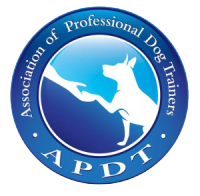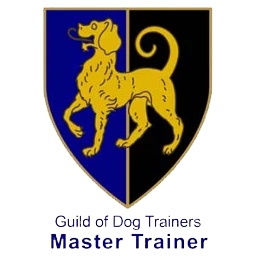A fully trained dog creates a better bond between the two of you, making it a more enjoyable experience in and outside the home. Whether you’re looking for training in a specific area or general obedience, there are some great ways to ensure training success. See our best dog training tips to build an effective programme.
What Is The Need For Dog Training?
There are many benefits to dog training, but the main reason is to strengthen the bond and integrate your dog into your home, social life and family without any discomfort for either of you. It also provides mental stimulation as your dog will be learning new things, preventing boredom.
By helping your dog recognise good and bad behaviours, you will ultimately build trust, and they will feel more comforted and secure in any situation, both inside and outside the home.
Top 10 Dog Training Tips
1. Have A Training Plan
We recommend you have a plan in place before training starts. This is because you need to know what your goals are for you and your dog and how you are going to achieve them. By planning effectively, it means that you can take small actionable steps which will yield better results.
2. Patience
If your dog training is going slower than expected, or you have to repeat some steps, it’s important to not get frustrated. You have to offer a patient temperament for your dog, so they don’t get discouraged, angry or upset, which can then further halt their progress.
3. Ensure Your Dog Is Ready For Training
At each training time, make sure your dog is ready to take the training onboard. If they are showing unusual behaviour, disinterest, hunger or simply needing the toilet, they are not ready for learning. Before each training session, set 15 minutes aside to ensure they can give you their full attention.
4. Train In A Comfortable Environment
Going into public spaces with a lot of distractions when beginning to train your dog will stop any progress. This is because your dog will be paying attention to what is going on around them and not be focused on you. If it is also really noisy, it will be hard to verbally communicate and often in shouting or raising your voice. This can bring a negative association with it too.
5. Be Consistent
Dog training is often a big time commitment if an owner chooses to train themselves. This is why you will need to factor specific time in your diary for this, rather than slotting it in where possible. It will be more beneficial to your dog to have a set time and duration per day/ week. This can also have a positive effect on concentration, as they will pick up on the recognisable training pattern and know it’s time to learn.
6. Make Training Enjoyable
As mentioned, it is important not to show signs of stress in setbacks. Instead, reevaluate what is working and see if you can incorporate more games or positivity in your training sessions. Keep each session short and sweet, enough to make a bit of progress but stop when showing signs of disinterest, lack of concentration or tiredness.
7. Use Positive Reinforcement
Positive reinforcement is one of the most effective dog training methods. Using a reward for actioning a new skill makes your dog associate that action with positivity. This results in repetitive good behaviours.
8. Don’t Become Treat Reliant
Once your dog has mastered a new skill, you should try to lower or remove dog treats on command. This is because your dog can become reliant and only do the action if presented with a treat. It may have an adverse effect if treats are used too long for a particular skill and if you are in a situation where you may not have excessive treats to give, you don’t want your dog to start disobeying.
9. Track Training Progress
Tracking your dog’s progress in training is important to see the bigger picture. It will help correct behaviours, see how far you have come and help with the next steps. You can find a method that works for you, whether that is videoing training sessions or written notes.
10. Consult A Professional Dog Trainer
To improve your training effectiveness, consulting a professional dog trainer will help you bridge the knowledge gaps to work into your schedule. It is also helpful if you need to ask questions, have hit a progress plateau or if you need a trainer to pick up sessions if you have a busier schedule for one month or a holiday.
Dog Training With A&T
Here at A&T Trained Dogs, our expert team and facilities are on hand to help you with your dog training needs. From dog obedience training to socialisation training, we have a wealth of experience fixing or implementing new behaviours. With an exceptional indoor and outdoor facility, we are fully equipped to help with any training need.
Get in touch online or call our team on 01524 587315 for further information.



